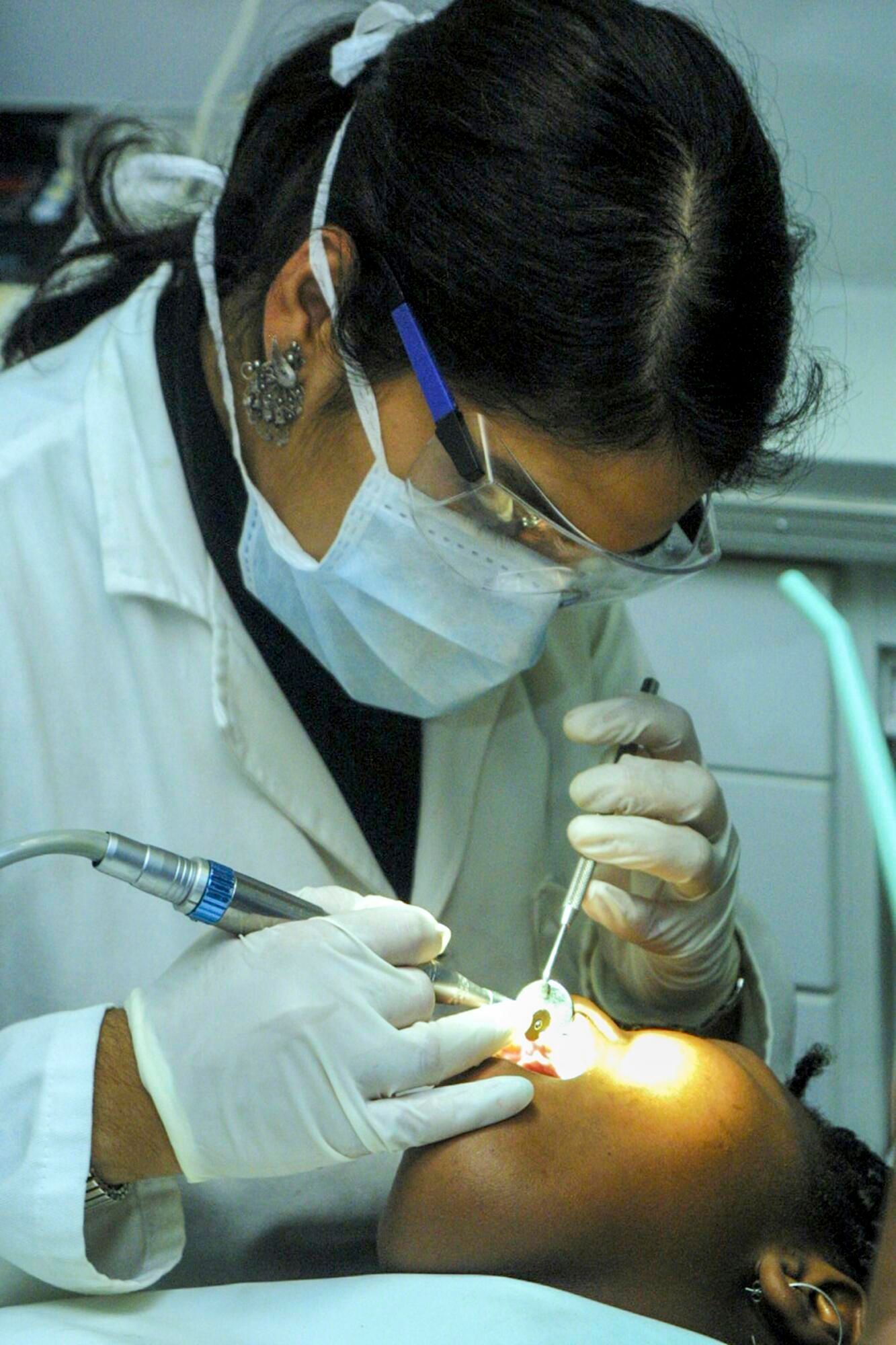According to an article published by StudyFinds, it is estimated that three in five people hate their smiles. This can easily lead to self-esteem issues and a lack of confidence, and it can feel even more overwhelming if you are missing teeth.
Handling this concern is a significant decision that impacts your confidence and oral health. Finding the right solution can feel overwhelming, with many options for replacing a tooth.
Each choice has unique advantages and considerations; understanding these differences will help you make the best decision for your needs and lifestyle. Below, we will explore the most important details before moving forward.
Understanding Dental Implants
In general,
dental implants are a long-term solution for missing teeth. They utilize titanium posts to act as artificial roots and provide stability. Over time, the implants fuse with the bone, creating a stable foundation for a crown or prosthetic tooth.
One of the main reasons people
choose implants is their durability and natural appearance. Unlike other options, implants do not rely on neighboring teeth for support, making them ideal for those who want to minimize complications.
Benefits of Dental Implants
Dental implants offer several key advantages, making them a popular tooth replacement choice. They help preserve the jawbone by preventing bone loss, a common issue when teeth are missing.
Additionally, they can last for decades with proper care, making them a cost-effective option over time. Here are other standout dental implant benefits:
- Provide excellent stability for chewing
- Offer a natural look and feel
- Do not damage neighboring teeth
Implants also provide excellent chewing ability, which means you can enjoy various foods without discomfort.
Exploring Dental Bridges
Dental bridges are a practical choice for replacing one or more missing teeth. They involve placing crowns on the teeth adjacent to the gap, which support the artificial tooth or teeth in between.
Unlike implants, bridges do not
require surgery, making them a less invasive option. Many people choose bridges for their affordability and ability to restore function quickly. When properly matched, they blend well with your natural teeth, restoring confidence in your smile.
Advantages of Dental Bridges
Several dental bridge advantages make this option appealing. They also distribute the bite force evenly, reducing strain on other teeth. Here are key reasons people prefer dental bridges:
- Restore gaps in your smile effectively
- Offer an affordable alternative to surgery
- Work well for individuals with limited jawbone density
Bridges require less time to complete than implants and do not need surgical intervention.
Overview of Dentures
For centuries, dentures have been a reliable solution for replacing multiple missing teeth. Modern dentures are more comfortable and natural-looking than ever.
Dentures can replace all or a portion of your teeth, making them a versatile option. They are removable, which makes them easy to clean and maintain. Many people appreciate their affordability, especially compared to other tooth replacement options.
Pros of Dentures
Dentures have distinct benefits that make them a viable choice for many people. They are a non-invasive choice that does not require surgery or adjustments to existing teeth.
Dentures also accommodate a range of budgets, making them one of the best tooth replacement options for cost-conscious individuals. Their versatility also allows them to work for partial or complete tooth loss.
Comparing the Longevity of Tooth Replacement Options
The longevity of tooth replacement options varies depending on the choice. Dental implants are
known for their durability, often lasting decades with proper care.
Bridges typically last between five and fifteen years, depending on the materials used and maintenance habits. Dentures may need replacement or adjustment every five to ten years. When you
compare dental implants to denture vs bridge treatments, implants often come ahead for longevity and stability.
Cost Differences Between Implants, Bridges, and Dentures
The cost of tooth replacement options depends on the procedure and materials involved. You will find that dental implants tend to be the most expensive due to the surgical process and high-quality materials.
Bridges are more affordable and often covered partially by insurance plans. Dentures are often the least expensive. In summary:
- Implants are the most costly but last the longest
- Bridges are moderately priced and covered by many insurance plans
- Dentures are the most affordable but require more frequent replacements
Keep this info in mind so you can make a cost-effective decision.
Maintaining Tooth Replacements Over Time
Caring for tooth replacements is essential to keeping them functioning and looking their best. Like natural teeth, dental implants require regular brushing/flossing and routine dental checkups. This is true even for those who have had full mouth reconstructions.
Bridges may need additional attention to clean around the supporting teeth. Dentures should be removed daily for cleaning and stored correctly overnight.
Each option has specific maintenance requirements, but all benefit from stellar oral hygiene habits. Keeping up with regular dental appointments is the best way to extend the lifespan of your tooth replacement.
Choosing the Right Tooth Replacement Option for You
Deciding on the right tooth replacement depends on several factors, including your:
- Budget
- Oral Health
- Lifestyle
Dental implants are ideal for those seeking a long-term, durable solution, and bridges work well for individuals who want a faster and less invasive option.
Dentures provide a versatile and affordable choice for extensive tooth loss. Consulting with a dentist can help clarify which option suits your specific needs.
Understand Your Options for Replacing a Tooth
Each option for replacing a tooth has benefits and challenges, so understanding them can guide your decision. Just be sure to work with a reputable professional.
TERSA Oral and Facial Surgery, led by board-certified Dr. Andrés Guerra-Andrade, offers top-tier oral and maxillofacial care in Lutz, Florida. With over a decade of experience, our practice provides services like dental implants, wisdom tooth extraction, and sedation dentistry. You can schedule a consultation with us today to learn more about how we can help.




